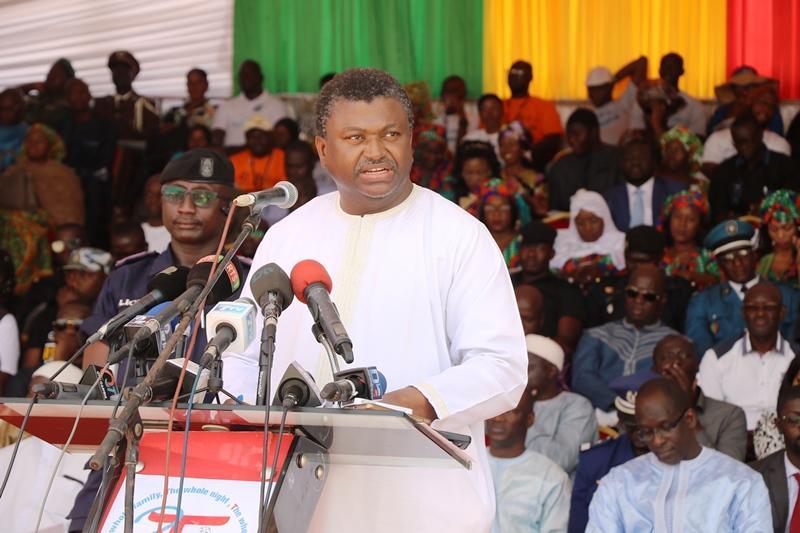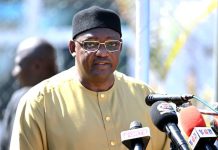Africa-Press – Gambia. The National Human Rights Commission (NHRC) has recommended that the Ministries of Interior and Justice amend Section 5 of the Public Order Act, shifting from a permit-based system for public assemblies to a notification regime.
The recommendation was made in the Commission’s 2024 State of Human Rights Report, covering the period from January 1 to December 31, 2024, which was submitted to the National Assembly earlier this year.
According to the NHRC, freedom of assembly remained significantly restricted during the reporting period, with several permit requests denied by the Inspector General of Police (IGP).
“The enjoyment of the right to freedom of assembly continues to be a challenge in The Gambia,” the report stated. The Commission reiterated concerns first raised in its 2023 report, which highlighted that Section 5 of the Public Order Act imposes unnecessary constraints on the constitutional right to peaceful assembly.
The NHRC emphasized that its previous recommendations—to harmonize the Public Order Act with the 1997 Constitution and international human rights obligations, and to transition from a permit to a notification system—remain unimplemented.
While acknowledging that reasonable restrictions on assembly are permitted under both national and international human rights law, the Commission stressed that such limitations must be fair, equal, and non-discriminatory.
The report cited several incidents in 2024 in which the IGP denied citizens’ requests for permits. These included a proposed protest in April 2024 over ferry service disruptions and alleged corruption at the Gambia Ports Authority (GPA). Following the denial, Marr Nyang, leader of the anti-corruption organization Gambia Participates, and seven other advocates held a peaceful sit-down protest at Arch 22 in Banjul.
“They were, however, arrested and detained for seven hours at the Police Headquarters in Banjul,” the report noted.
In June 2024, the Gambia Police Force also denied a protest permit to cement importers who sought to demonstrate against import monopolies, increased duty charges, and rising cement prices.
Another incident occurred on 2 December 2024, when police forcefully dispersed a peaceful assembly of University of The Gambia students. According to the Commission, a police officer fired a tear gas canister, resulting in the brief hospitalization of some students, despite no evidence of violence or threats of violence.
However, the NHRC acknowledged a positive development in November 2024, when the Coalition of Progressive Gambians was granted a permit to stage a protest in support of the 2020 Draft Constitution. “Although the permit was reportedly delayed, its eventual approval was a welcome step,” the report observed.
The Commission concluded by urging the Attorney General to withdraw all charges against individuals prosecuted for unlawful assembly under the current Public Order Act.
For More News And Analysis About Gambia Follow Africa-Press






